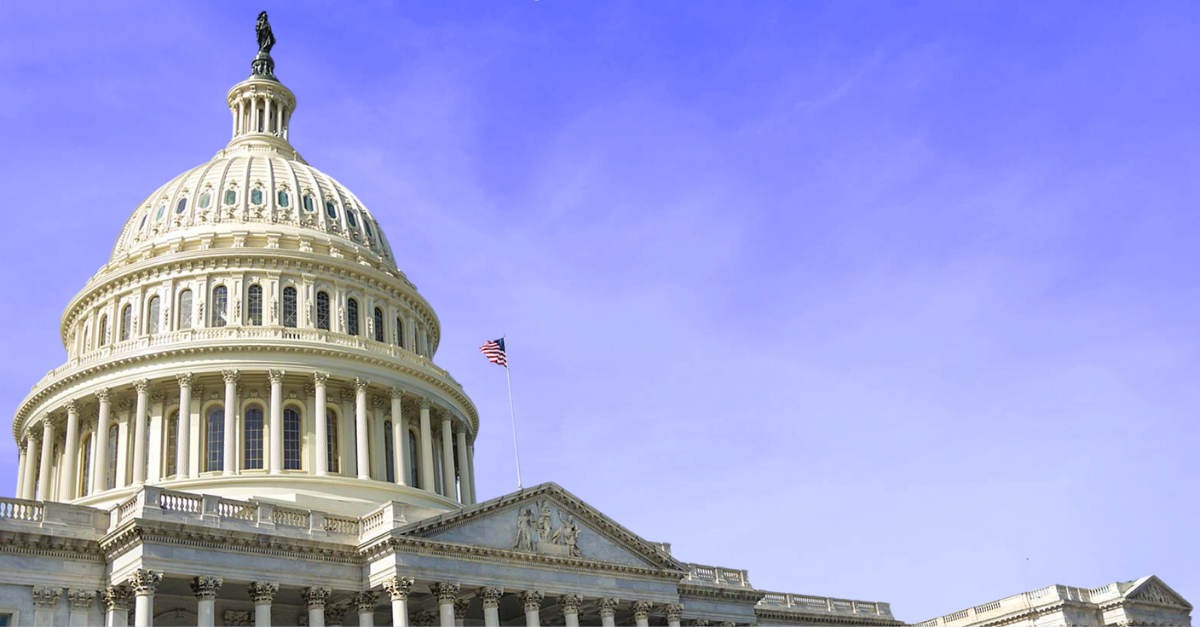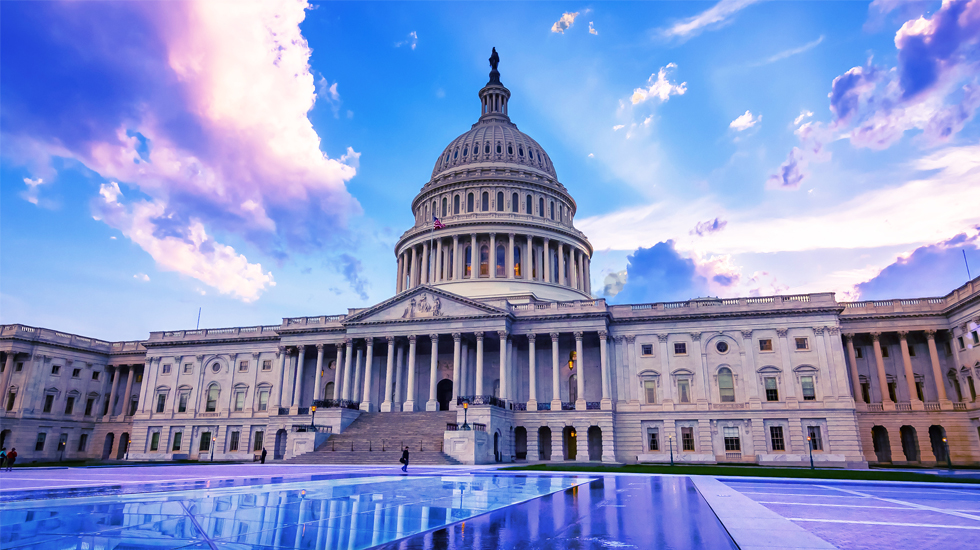Gaming and Event Contracts: CFTC Proposed Amendments/Prohibitions
Clarifies “gaming” activities and other types of event contracts prohibited from trading or clearing

KPMG Regulatory Insights
- Significant Growth: CFTC notes that, since 2021, there has been a significant increase in the number of event contracts listed for trading; the CFTC likewise acknowledges growth in registration applications from exchanges expressing interest in event contracts.
- Delineating Jurisdiction: CFTC notes a desire to 1) denote what activities and contracts fall under its jurisdiction and 2) separate “gambling” from investing activities; Definitions would not supersede/override State or other Federal definitions.
- Broad Risks: Proposal and related statements stress the risk that gaming and other event-based derivative contracts could pose to market integrity, election integrity, and national security.
- Expansive Definition: Gaming, as defined in the proposal, covers a diverse range of events, and therefore prohibits a broad variety of related derivatives contracts from being listed, traded, or cleared.
__________________________________________________________________________________________________________________________________________________
May 2024
The Commodities Futures Trading Commission (CFTC) issues a notice of proposed rulemaking that would amend its CFTC Regulation 40.11 concerning event contracts based on certain excluded commodities. The amendments would further specify the types of event contracts, including “gaming contracts”, that fall within the scope of Section 5c(c)(5)(C) of the Commodity Exchange Act (CEA) and are “contrary to the public interest”. Under the amendments, these contracts would not be eligible to be listed, traded, or cleared on or through a CFTC-registered entity.
Specifically, the proposed amendments would:
- Clarify that event contracts involving activities enumerated in Section 5c(c)(5)(C) of the CEA (e.g., “gaming”, war, terrorism, assassination) are “contrary to the public interest” and prohibited from trading or clearing.
- Define “gaming” in detail (e.g., the outcome of a contest of others).
- Provide factors used in determining whether an event contract is contrary to the public interest (e.g., national security, profiting from harm to any person).
Highlights from the proposed amendments follow.
Clarification of Event Contracts and Excluded Commodities. The proposed amendments to Regulation 40.11 would modify the language used in event contract rules to better align with the statutory text of CEA Section 5c(c)(5)(C) by:
- Specifying that the event contracts based on excluded commodities are prohibited from being listed for trading or accepted for clearing, including “agreements, contracts, transactions, or swaps” based on i) an activity that is unlawful under federal or state law, ii) terrorism, iii) assassination, iv) war, v) gaming, or vi) other similar activity as determined by the CFTC (referred to as “Enumerated Activities”).
- Clarifying that event contracts based on changes in “price, rate, value, or levels of a commodity as defined in CEA Section 1a(19)(i))” are outside the scope of the excluded commodities prohibition.
- Narrowing the scope of the rule to include only event contracts that “involve” an Enumerated Activity rather than those that “relate to” or “reference” an Enumerated Activity (as currently required).
Definition of “Gaming”. For purposes of the prohibition, “gaming” would be defined as “the staking or risking by any person of something of value upon” any one of four broad outcomes or occurrences:
“Gaming” | Example Activities |
|---|---|
Outcome of a contest of others | Political Contests. Betting or speculating on the results of political elections or primaries, whether domestic or international, including the outcomes of political referendums. |
Outcome of a game involving skill or chance | Awards Contests. Bets placed on the results of various awards contests or ceremonies (e.g., the Oscars, Grammys, Emmys, or other entertainment, sports, or academic award outcomes). |
Performance of competitors in contests/games | Athletic Games. Wagers on the results of professional or amateur sports competitions, whether team-based or individual, from major leagues to school-level competitions. |
Occurrence or non-occurrence in connection with such contests or games | Occurrences or Non-Occurrences in Connection with Contests or Games. Betting on specific occurrences or outcomes within a contest or game that may not directly affect the final outcome (e.g., betting on whether a particular player will score a certain number of points in a game, occurrence of specific play sequences, or other in-game events). |
Note: The CFTC also clarifies that the proposed definition of “gaming” would apply only for CFTC purposes of determining which contracts may be listed, traded, or cleared on or through a CFTC-registered entity. The definition does not attempt to supersede/override State gambling law definitions of gaming or other Federal definitions of gambling.
Public Interest Determination. The proposed amendments to Regulation 40.11 would further provide that event contracts involving each of the Enumerated Activities – including “gaming” as proposed to be defined – are, as a category, contrary to the public interest and therefore may not be listed for trading or accepted for clearing on or through a registered entity.
In addition, the CFTC states that when evaluating whether a contract or category of contracts, is contrary to the public interest, it will consider a variety of factors, including the hedging utility and/or price-basing utility of the contract, potential threats to national security, whether the contracts draw CFTC into areas outside of its authorities, characteristics that may increase the risk of manipulation related to trading or pricing, and whether market participants could profit from harm to any person or group of persons.
Effective Date and Implementation. The CFTC proposes the rule amendments, if adopted, would become effective thirty (30) days after publication in the Federal Register. The CFTC also proposes an implementation period of thirty (30) days following the effective date of the final rule amendments, solely for event contracts that are listed for trading as of the date of publication of the final rule amendments, and that are impacted by the amendments.
Comment Period. CFTC is soliciting public comment on the proposed rulemaking with a submission deadline of July 9, 2024.
Dive into our thinking:
Gaming and Event Contracts: CFTC Proposed Amendments/Prohibitions
Clarifies “gaming” activities and other types of event contracts prohibited from trading or clearing
Download PDFExplore more
Get the latest from KPMG Regulatory Insights
KPMG Regulatory Insights is the thought leader hub for timely insight on risk and regulatory developments.
Meet our team




